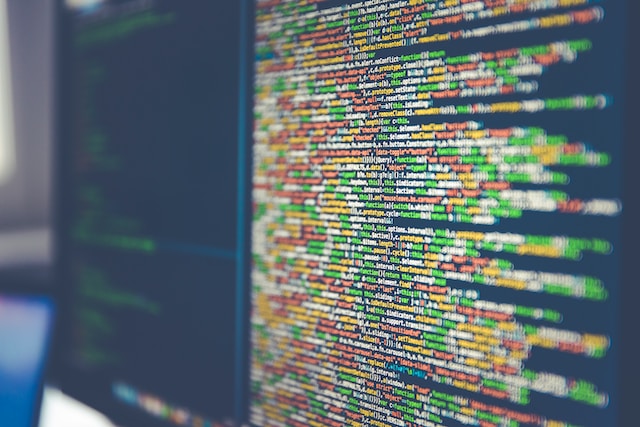2024. Disinformation and Peacebuilding in Sub-Saharan Africa: Security Implications of AI-altered Information Environments.
Artificial intelligence (AI) capacity and use has developed very rapidly over the last five years. As the international community increasingly focuses on establishing global governance of AI to harness its opportunities while mitigating its risks, concerns regarding AI's impact on peace and security have grown.
This concern is particularly associated with recent advancements in generative AI, a subfield enabling the creation of diverse content types such as text, images, videos, and audio, using new AI tools which have begun to be linked to increases in disinformation campaigns, cybersecurity threats, hate speech towards women and minorities, and other conflict drivers.
A new UNU-CPR report explores the way in which AI technologies as they currently stand impact peace and conflict, and what methods might be used to mitigate their adverse effects - through the development of better tools and the inclusion of peace and conflict considerations in AI governance frameworks.
2023. Predictive Technologies in Conflict Prevention: Practical and Policy Considerations for the Multilateral System
Conflict prevention has become increasingly central to the UN’s approach to insecurity and instability, and this shift has brought a greater reliance on data capture technologies to identify and analyse recurrent conflict patterns and forecast potential crises. However, the use of these technologies also poses several challenges. For instance, some possess inconsistencies in the quality of data across space and time which undermine the ability of the UN to accurately predict conflict trends. There are further concerns that data capture technologies used for predictive purposes could have serious security ramifications and could run afoul of mainstream data privacy standards. Additionally, there is always the risk that technologies could be adapted for surveillance purposes in violation of human rights, and there are further concerns regarding ‘automation bias’ – a human tendency to be less critical of suggestions made by automated decision-making systems which could result in an over-reliance on predictive technologies, complicating an organization’s ability to respond effectively in fast-moving and emergent conflict scenarios.

